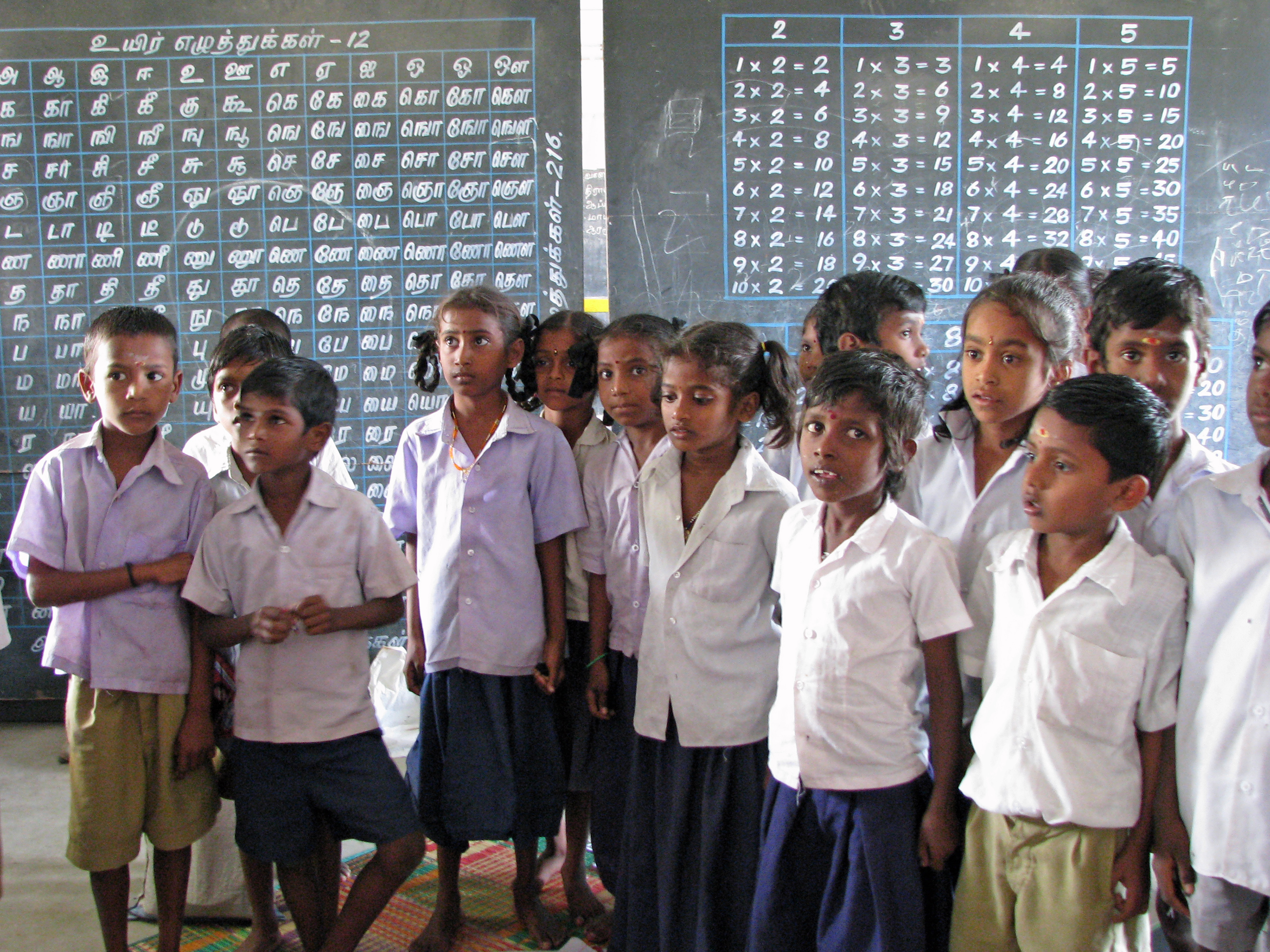A themed seminar series on ‘Financialization, Development and Economic Inclusion’ run by the Department of International Development and the Department of Anthropology takes a closer look at how financialization is undermining public accountability in the provision of public services. Dr Kate Meagher reflects on the seminar series.
This article is part one of a two part blog post.
On Thursday 14 November, the Labour party announced the intention to nationalize parts of British Telecoms as a means of addressing poor UK performance in the extension of broadband to the British population. This comes on top of existing plans to nationalize the railways, water, energy and the post. Boris Johnson was quick to denounce these plans as a ‘crazed communist scheme’. But is nationalization really so crazy?
Decades of privatization have taken a growing number of UK utilities out of public hands. We were told that this would lead to greater efficiency, better service, and lower costs. But is that really what’s happening? An LSE International Development/Anthropology seminar series on ‘Financialization, Development and Economic Inclusion’ is casting light on how privatization and financialization have altered accountable resource control in infrastructure and public utilities across the globe.
The first talk by Dr. Pon Souvannaseng (Manchester) examined the financialization of dam-building in South-east Asia. Her talk highlighted some paradoxes of financialized infrastructure. She explained that, in line with new blended finance approaches for financing the Sustainable Development Goals, public finances are increasingly used in the creation of ‘bankable projects’ that minimize risk for private investors, while private investors styled as ‘risk takers’ demand a heavy cut of the profits, guaranteed in advance. Investment from a wide range of private firms, including international construction companies, energy companies, and banks, are routinely securitized and listed on the stock market to create a flow of resources to international shareholders, turning dams from conduits of modernity into portals of financial profit extraction. Guarantees demanded by private financial investors in large energy projects require front-loaded decisions on energy tariffs, which tend to push the cost of energy up rather than down as investment gathers pace. In Uganda, this has created a situation in which the country produces more energy than it can consume, yet only 26% of the population can access electricity owing to high tariffs and poor infrastructural investment.
In Lao PDR, the situation is even worse. As part of a plan to turn Laos into the ‘battery of Asia’, Lao public finances, in the form of minority shares and government guarantees, are being overcommitted to large energy projects in order to attract the private sector. But measures to crowd in private investment in dams are crowding public spending out of health, education and other basic services. Despite a mounting public debt load, the Lao government’s ownership share in large dam projects has fallen from 100% common in the era of state ownership and multi-lateral concessional lending, to about 10% in the modern era of Public Private Partnerships (PPPs). To make matters worse, the financialized focus on profits rather than construction quality means corners are being cut, and dams that should last decades have been collapsing, killing and displacing thousands of people. Yet there is little popular understanding of how these financialized arrangements operate, making it difficult for Lao citizens to demand accountability.
The second talk, by Dr. Kimberly Chong (UCL), looked at the role of management consultancies in the spread of financialized economic practices. As she put it, management consultancies trade in ‘best practices’ for restructuring firms in order to maximize shareholder value. In other words, management consultancies operate as the handmaidens of financialization, spreading financialized business practices across the globe. Kimberly Chong’s talk examined the role of management consultancies in the restructuring of State-Owned Enterprises (SOEs) in China. Chinese branches of global management consultancies seek to impart the wisdom of shareholder value while cleansing away the last vestiges of socialist economic organization. While China ushered in ‘capitalism with Chinese characteristics’, global management consultancies are now stripping away the Chinese characteristics. The prioritization of shareholder value is enforced by legitimising discourses of efficiency, professionalism and ‘best practice’.
While the talk turned to a discussion of the tensions between Chinese and ‘global’ characteristics in Chinese management consultancies, a few key issues also emerged on the impact of these management practices on public utilities. For one thing, management consultants were concerned with installing computer-based accounting software, known as Enterprise Resource Planning (ERP) systems which serve to operationalize ‘value-based management’ within the firm. While reassuring to international investors, state of the art ERP systems tend to have a punitive effect on labour. They maximize shareholder value by fracking the organization of work: stripping down the labour force, squeezing labour costs, outsourcing, intensifying work regimes. In addition to shaping value management within firms, including public utilities, management consultancies often play a role in the pricing of public utilities, further entrenching the focus on shareholder rather than public value. In firms as well as in public utilities, maximizing shareholder value often means minimizing public value and the value of labour.
Next week, Part 2 of this blog moves closer to home to take a hard look at how financialization is reshaping water utilities in the UK, raising new questions about whether nationalization would cost us more than the heavy and largely unaccountable costs of financialized private utilities.
Please join us next term for the rest of the Financialization, Development and Economic Inclusion seminar series on Wednesday fortnightly, from 5.00-6.30 pm in Connaught House room 7.03.
Dr Kate Meagher is Associate Professor in Development Studies in the Department of International Development.
The views expressed in this post are those of the author and in no way reflect those of the International Development LSE blog or the London School of Economics and Political Science.





